Change is hard. Anyone can tell you that. It takes time and persistence. Everything about us is resistant to change and new things. And yet, there is often a spark in our hearts that knows that there is more than what we currently are experiencing. So the seeds to be able to change are constantly with us.
As a leader, facilitating a group through change can be difficult. The people are looking to you for leadership, guidance, and answers to questions you may not yet have. But there is a science and a psychology to change management. I have served as a consultant to change management companies, helping them know the cognitive psychology roots to good change practices. Here are some ‘secret’ tips for motivating your group through the hard places.
Intrinsic Motivation
Motivation research is vast. From how we think about ourselves, to how little self-awareness we really have, it can be easy to get lost and be overwhelmed with all the facets of motivation. What I have often done to address this is look for what is common and fundamental to human beings and start there.
There are some universal traits to humans, one of which is that we are actually motivated to do things, beyond eating, and sleeping. This is called intrinsic motivation. It refers to how we are naturally motivated by ourselves and do not need anyone pushing or pulling us. Ryan and Deci[i] have spent over a decade researching intrinsic motivation, both what it is made of and what hinders it. They concluded that for intrinsic motivation to be present, and person has three innate needs that have to be met: autonomy, competency, and relatedness.
Autonomy refers to a person’s need to be self-determining. They need the freedom to be able to make choices. This does not mean that they need to have complete freedom or that all choices are available to them, but they do need the ability to choose something. Think about the Love And Logic[ii] parenting technique in offering choice. For example, “It is time to go to bed. Do you want bear crawl or ride on my back?” That is an example of maintaining someone’s autonomy and ability to make choices, even in a directed situation.
Competency speaks to each person’s desire to be successful. This is actually more than a desire, is an innate need. We all want to know we can do the thing we are asked to do, or meet another person’s expectations. The capacity to decide not to meet another person’s expectations is sometime developed over time, either by maturity or by trauma. But it is not the default tendency, as demonstrated by children. Even despite a refined desire to meet the expectations of others, we all need to know we will be competent at a task to be intrinsically motivated to do it.
Relatedness is about our relationships to others. We are actually a cooperative species as opposed to competitive. (All species are actually, but that is a topic for another time[iii].) We have an innate need to be related to one another and to understand those relationships. The more we know how we matter to and can influence others, the more intrinsically motivated we will be. Just look at all the self-posting on social media.
Leading through change
As a leader, you can help facilitate intrinsic motivation in the people you lead. This will help them grow and go through change. It also is a golden key to conflict management. Conflict usually happens when one of these three needs is not met. In processing issues, I often ask questions to identify which of these three innate needs was not met and address it accordingly.
There are also ways you can be proactive about meeting these three innate needs. In every environment I am a part of, I try to address them by articulating the following three values: Oriented, Supported, and Valued.
Being Oriented addresses peoples need for autonomy. It means that you help people know as much as you reasonably can. This helps them know how to function as an independent human being. It helps them identify choices they can make and give them the ability to participate in an informed manner. Keeping people oriented means intentionality in planning, communication, articulation, and keeping the bigger picture in mind. Working to keep people oriented will make you a better leader.
Supporting people addresses the need for competency. It means that you work to set people up for success. It means that you put forethought into what something takes and recruit resources to support what people are doing. It also means being honest about issues as they come up and responsive to them. It means being willing to modify the plan as necessary to take care of the people you are leading. Supporting people does not mean that they, or your group, will never experience failure. But it does create a culture that allows for overcoming, resilience, and failure in task without failure in relationship.
Letting people know they are Valued answers their innate need for relatedness. People need to know they are valued for who they are, not just what they can do. They also need to know that they are valued for who they can be. It is a way to celebrate them and the unique contribution they bring to the team or the group. When people know they are valued, really know it, they will forgive mistakes and can handle being less oriented or less supported (realities that change often brings).
Catalyzing change
When working with a group over time and when trying to catalyze change, I add my own fourth value of Challenged. I want people to experience appropriate challenge in their life and occupation. It is the fourth value that brings movement to the whole process. A good leader can facilitate the other three values and end up stagnating, but adding in challenge helps the flywheel of development turn.
Change is hard and change is scary, but God is constantly
facilitating our change and development. If you think about the way He has done
this in your own life, you will see these elements present. As a leader, you
can partner with God in the development of others by being more intentional in
these four areas. You don’t have to be perfect; a little intentionality goes a
long way. Just trying to incorporate them into the culture will make you a
better leader, and help your group move forward in their own calling. It’s that easy, and it’s that hard.
1 Ryan, R. M., & Deci, E. L. (2000). Self-determination theory and the facilitation of intrinsic motivation, social development, and well-being. American Psychologist, 55(1), 68-78.
2 Cline, Foster W., & Fay, Jim. (1990). Parenting with Love and Logic. NavPress, Colorado Springs, CO.
3 Wilson, E.O. (2014). The meaning of human existence. Liveright Publishing Corporation. NY, NY.


Recent Comments